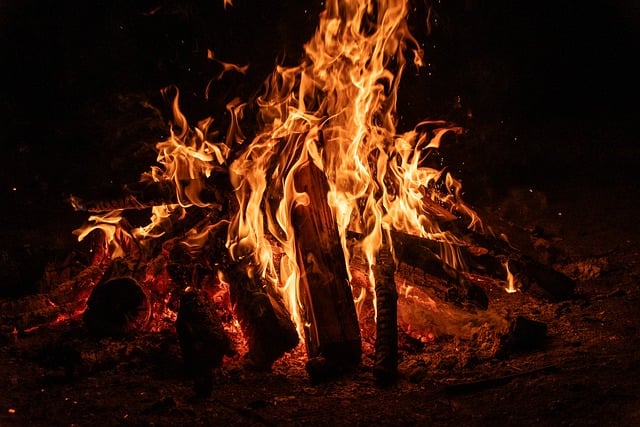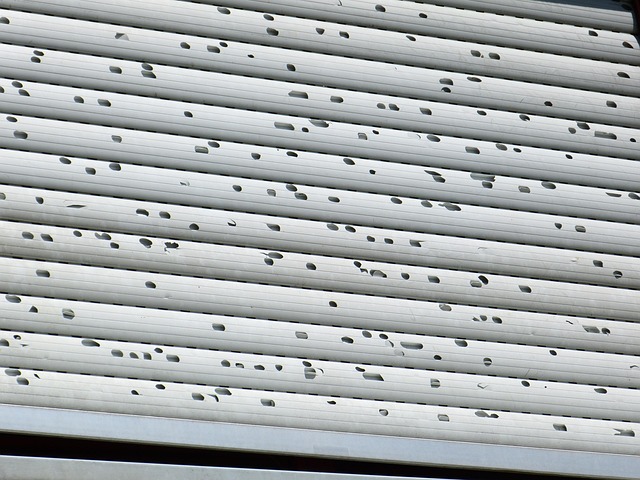In California, selling a house with fire damage is governed by strict housing regulations focusing on safety, quality, and fairness. Property owners must adhere to local building codes for repairs, disclosure, and health standards. Sellers should disclose known defects, while buyers should conduct thorough inspections and appraisals. Homeowners can repair and resell, keeping detailed records of costs. Strict legal disclosure requirements protect buyers and ensure market transparency, with penalties for non-compliance. Understanding these rules is crucial when selling a fire-damaged property in California.
California’s housing regulations, particularly regarding fire-damaged properties, are crucial for both sellers and buyers. This article provides an in-depth overview of legal considerations and practical steps involved in navigating fire damage and real estate in the Golden State. We explore key aspects such as understanding state regulations, disclosure requirements, buyer protection laws, and options for repairing and selling damaged homes. By delving into these topics, homeowners can ensure a smooth transaction when facing the sale of a house that has experienced fire damage.
- Understanding California's Housing Regulations: An Overview
- Fire Damage and Real Estate: Legal Considerations
- Can You Repair and Sell? Restoring Fire-Damaged Properties
- Disclosure Requirements and Buyer Protection Laws
Understanding California's Housing Regulations: An Overview

California’s housing regulations are designed to ensure safety, quality, and fairness in the real estate market. When it comes to selling a home with fire damage, these rules play a crucial role. The state has strict guidelines on what repairs are necessary before a property can be sold, especially for any structural issues like fire damage. Property owners must address these concerns to meet local building codes and health and safety standards.
Understanding these regulations is essential for both sellers and buyers. If you’re considering selling a house that has sustained fire damage, it’s important to know the extent of repairs needed. This process involves assessing structural integrity, replacing damaged materials, and ensuring proper ventilation and electrical systems. Many California cities have specific requirements for disclosure and repair, so being informed about these can help streamline the sales process and protect both parties involved.
Fire Damage and Real Estate: Legal Considerations

In California, fire damage to a property does not automatically prevent its sale. However, there are legal considerations that potential sellers and buyers should be aware of when dealing with a home that has experienced fire harm. The first step is to assess the extent of the damage and determine if it’s structural or limited to certain areas. If the damage is severe, it may impact the property’s value and require significant repairs, which could delay the selling process.
Real estate transactions in California are governed by specific laws and regulations that address disclosure requirements. Sellers must disclose any known material defects, including fire damage, to buyers. This transparency ensures that purchasers make informed decisions. Buyers should conduct thorough inspections and obtain professional appraisals to understand the full scope of repairs needed and their impact on the property’s value, especially when considering whether to proceed with the purchase after discovering fire damage.
Can You Repair and Sell? Restoring Fire-Damaged Properties

In California, repairing and selling a fire-damaged property is indeed possible, offering an opportunity for homeowners to restore and capitalize on their real estate investment. The process begins with assessing the extent of the damage caused by fires, which can range from minor charring to complete destruction. Once the severity is determined, homeowners must adhere to local building codes and safety regulations when undertaking repairs. These guidelines ensure that the property meets safety standards and is habitable upon completion.
Homeowners should also be aware that insurance claims play a significant role in this process. Damage coverage varies between policies, so understanding your insurance plan is crucial. Repairs can range from structural changes to aesthetic upgrades, depending on the damage. It’s important to keep detailed records of all repairs and costs for both insurance purposes and when selling the property, as potential buyers may inquire about the history of fire damage and the steps taken to rectify it.
Disclosure Requirements and Buyer Protection Laws

In California, selling a property with fire damage comes with specific legal considerations. The state has stringent disclosure requirements for real estate transactions to ensure buyer protection. Sellers must disclose any known material defects or damage that could impact a buyer’s decision, including fire-related issues. This is particularly crucial when it comes to fire damage as it can significantly affect the structural integrity and value of a property.
Buyer protection laws in California aim to prevent sellers from misleading potential buyers. If a seller fails to disclose known fire damage, they may face legal repercussions. Buyers have rights and protections, ensuring they are fully informed about any issues with the property before finalizing the purchase. This transparency is vital for fostering trust in the real estate market and ensuring fair practices when selling homes, especially those that have undergone repairs due to fire damage.
California’s housing regulations, particularly regarding fire-damaged properties, are designed to protect both sellers and buyers. While repairing and selling a house with fire damage is feasible, understanding legal considerations, disclosure requirements, and buyer protection laws is crucial. By adhering to these guidelines, homeowners can navigate the process smoothly, ensuring transparency and peace of mind for all parties involved in the real estate transaction. If you’re considering selling a house that has sustained fire damage in California, it’s essential to consult with professionals and stay informed about your rights and responsibilities.






